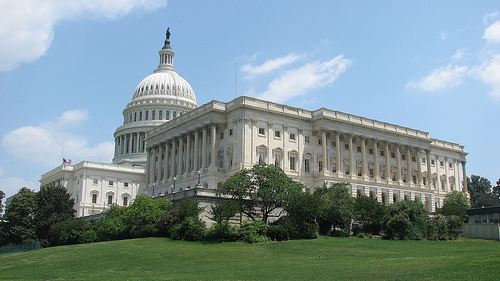U.S. Travel & Tourism Advisory Board At Work
This week, I participated in a Board meeting for the U.S. Travel & Tourism Advisory Board (TTAB). As you may remember, I was appointed to serve on the TTAB on behalf of GBTA earlier this year. During the meeting, four subcommittees made recommendations to the Board based on our last few months of research and work.
As a Data & Statistics Subcommittee co-chair along with chair Dean Runyan of Runyan Associates, we put forward recommendations related to international travel to the United States. A few simple, but critical facts to help understand why this is so important:
- $890 billion is spent on travel and tourism in the United States
- Almost 25 percent of this is attributable to international travel
- This international travel directly supports 1.2 million American jobs
In order to continue to grow these impressive numbers even further, we need to collectively do a better job of gathering data, measuring our effectiveness and directing our industry’s collective marketing power.
Our subcommittee focused on improving the U.S. Commerce Department’s Survey of International Air Travelers (SIAT). The SIAT is already widely supported as our government and the industry rely on the data from it to tell its story, make decisions and show a return on investment to all of its constituencies. This primary research is vital to all of the States, destination marketing organizations and businesses that are dedicated to and investing in this industry.
With just a modest investment to the SIAT, we could increase the sample size of international travelers surveyed. Our goal is to take it from the current sample of 0.2 percent of international travelers to 1.0 percent. This small leap could make a real difference.
We are hoping to protect the existing $2.0 million that is allocated to the SIAT and invest an additional, modest $1.5 million to further fund the study and test the recommendations to optimize the way we gather this critical data. This improved research and collection of information will allow the U.S. to better promote itself as a prime destination for business and leisure travel.
The outcome will be dramatic in its long term effect to grow not only travel and tourism, but the U.S. economy at large.


